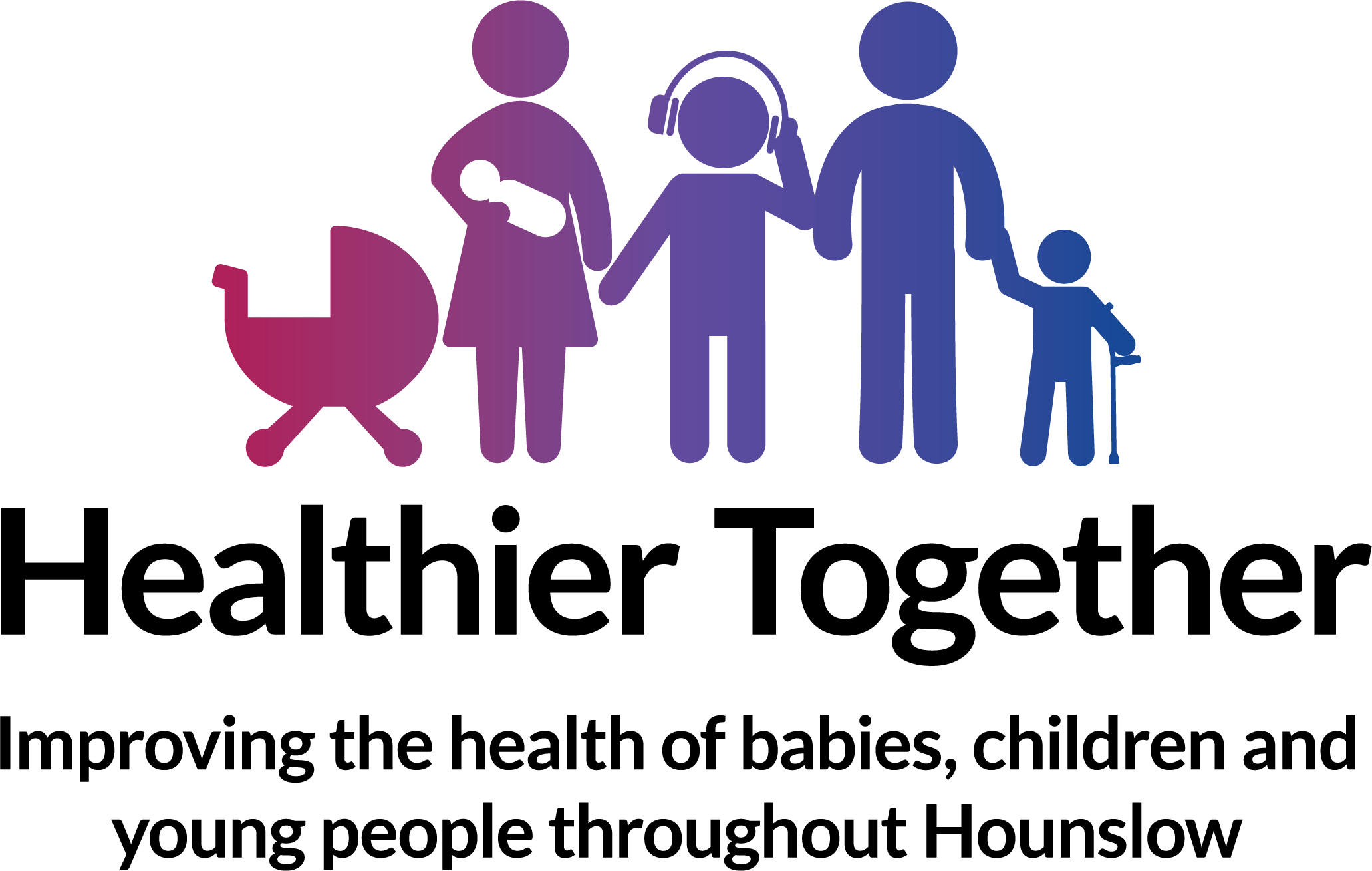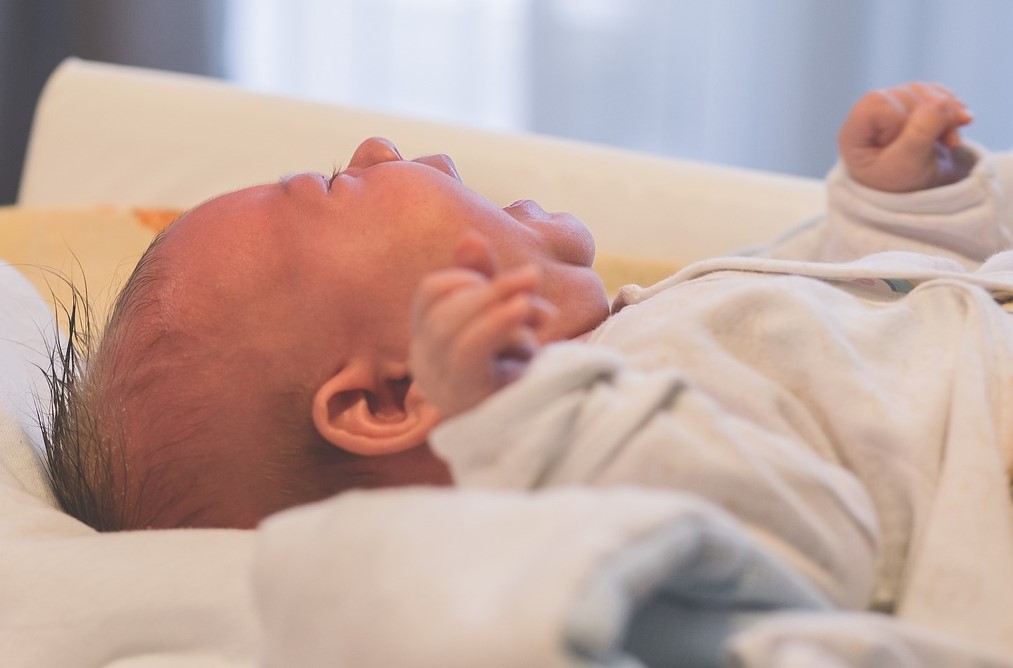Caring for a baby with colic can be very difficult for parents, particularly first-time parents. It's important to remember that:
- your baby's colic is not your fault – it doesn't mean your baby is unwell, you're doing something wrong, or your baby is rejecting you
- your baby will get better eventually – colic normally stops before they're four to six months old
- you should look after your own wellbeing – if possible, ask friends and family for support as it's important to take regular breaks and get some rest
ICON
ICON is all about helping people who care for babies to cope with crying. It stands for:
- I - Infant crying is normal
- C - Comforting methods can help
- O - It's OK to walk away
- N - Never, ever shake a baby
Sometimes the crying can feel like it’s becoming too much, and if this is the case, click here for advice on what you can do and you can try these simple comfort methods to see if the baby stops crying.
Support groups, such as Cry-sis, can also offer help and advice if you need it.
You can contact the Cry-sis helpline for advice on 0845 122 8669 (9am-10pm, seven days a week).



